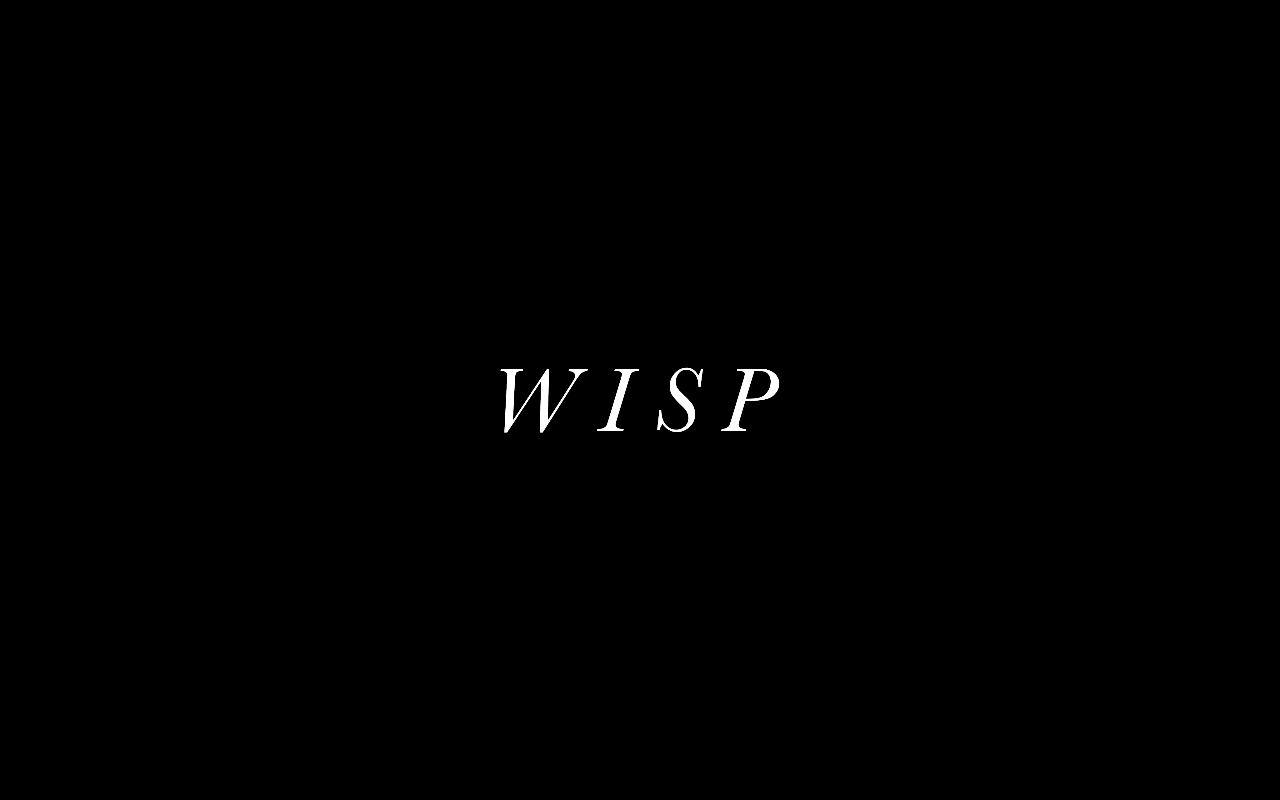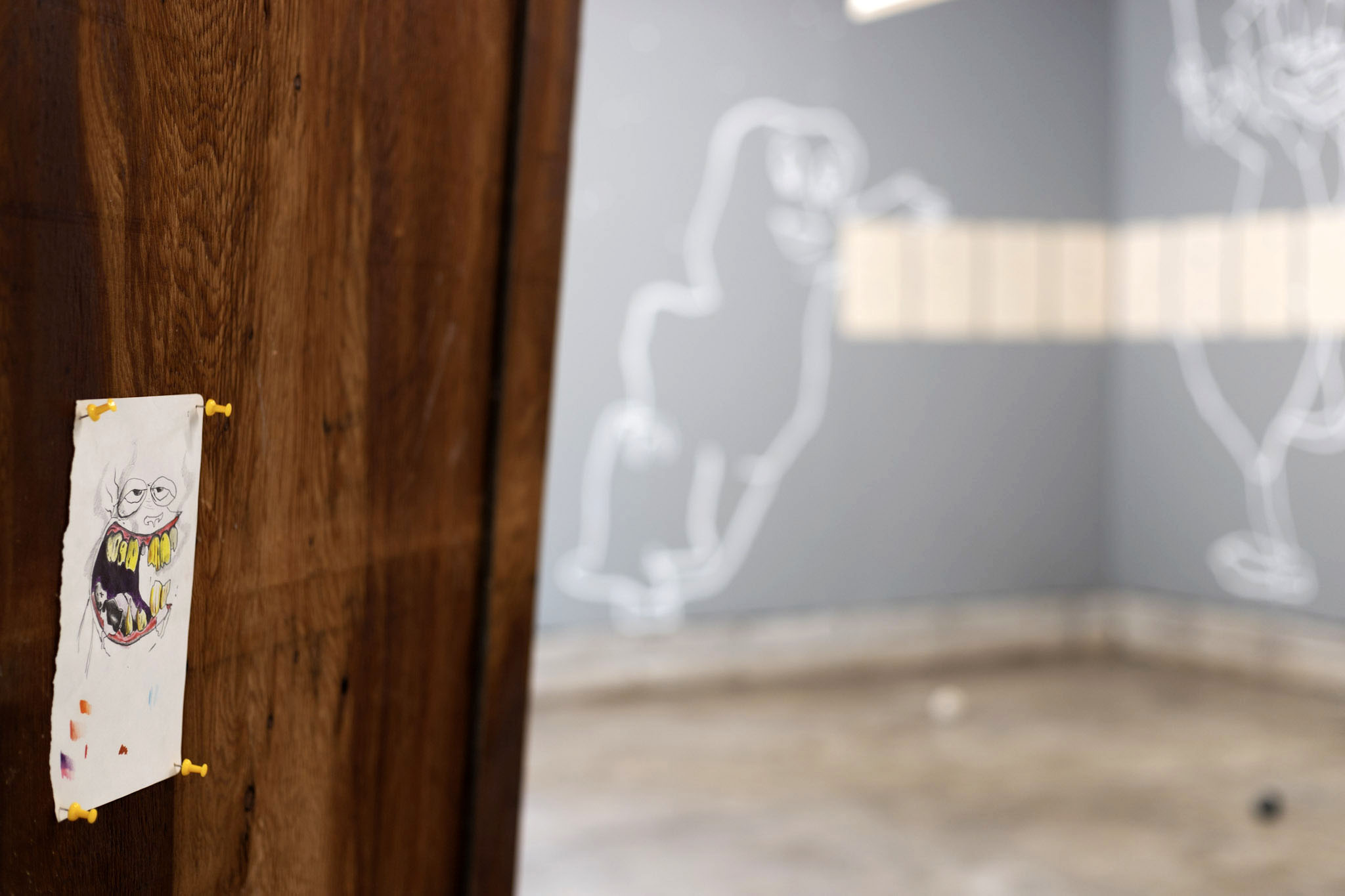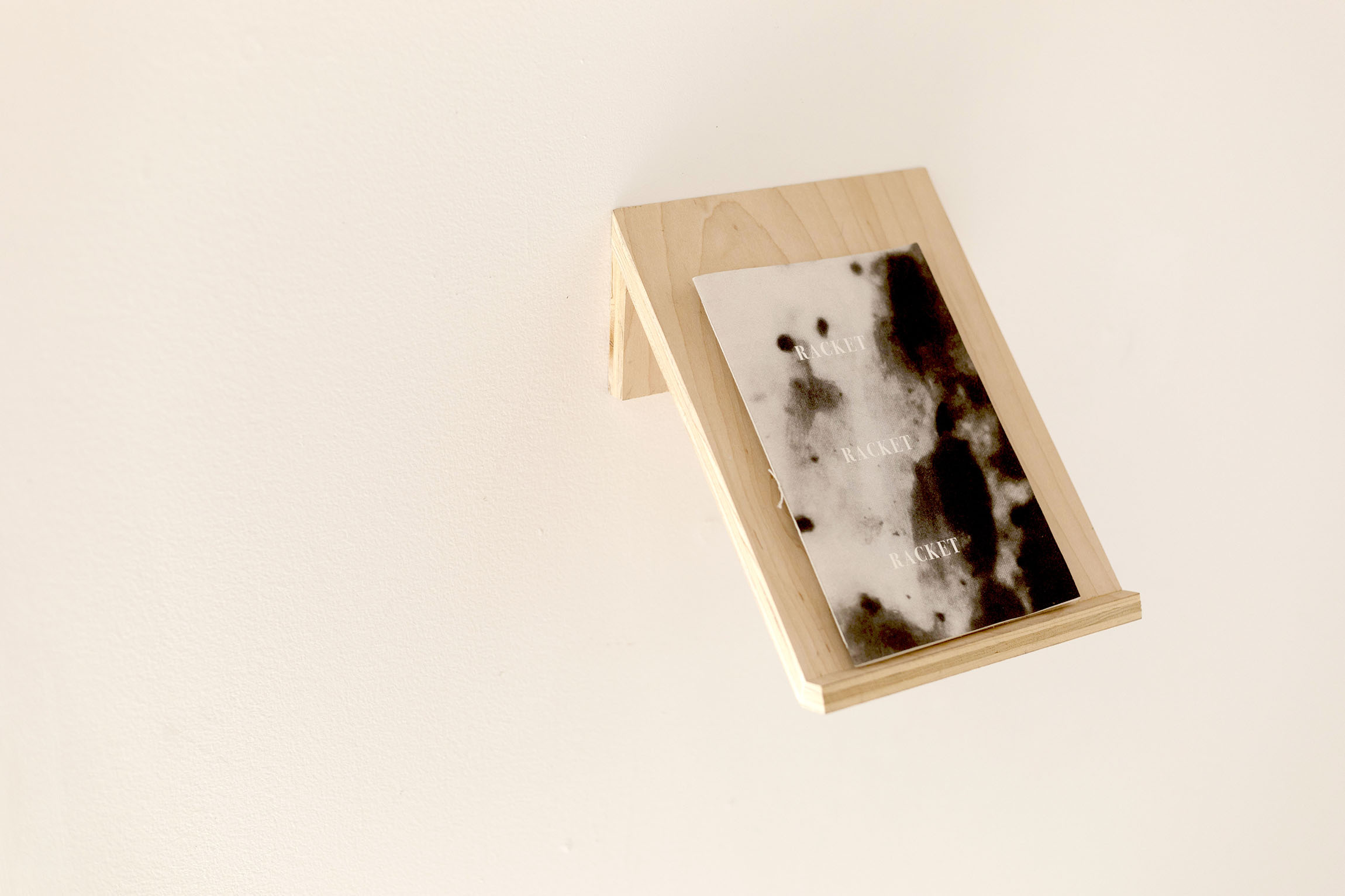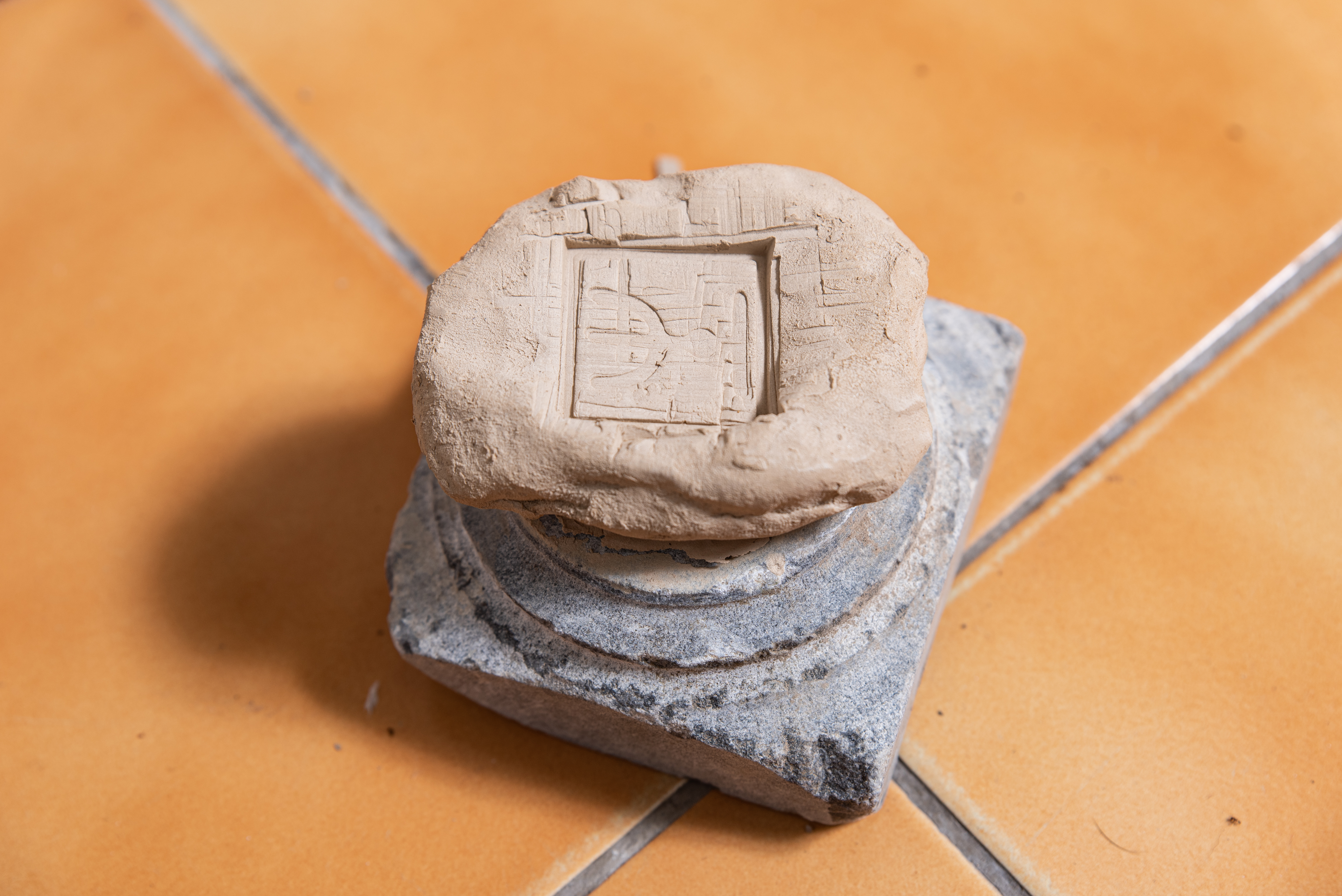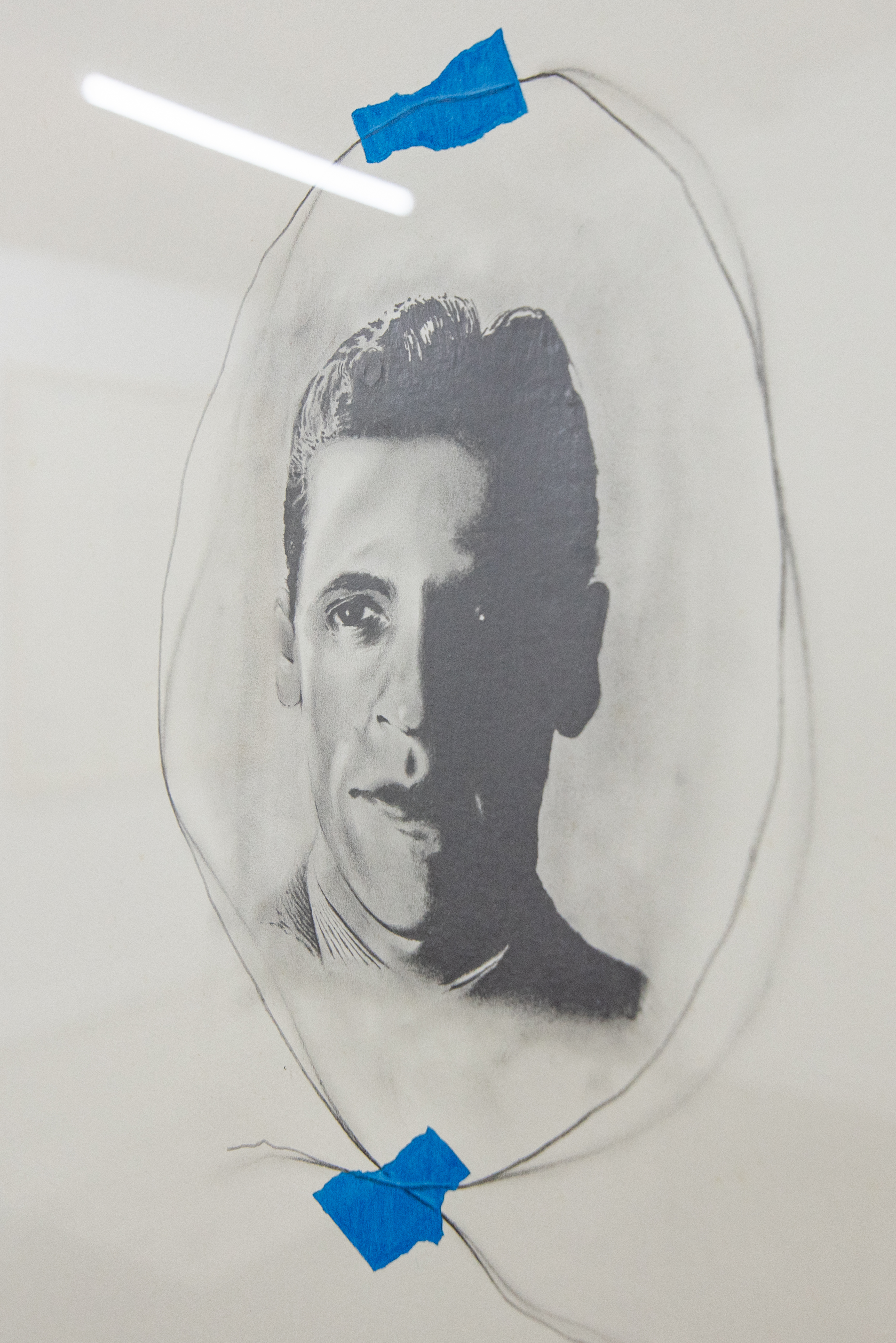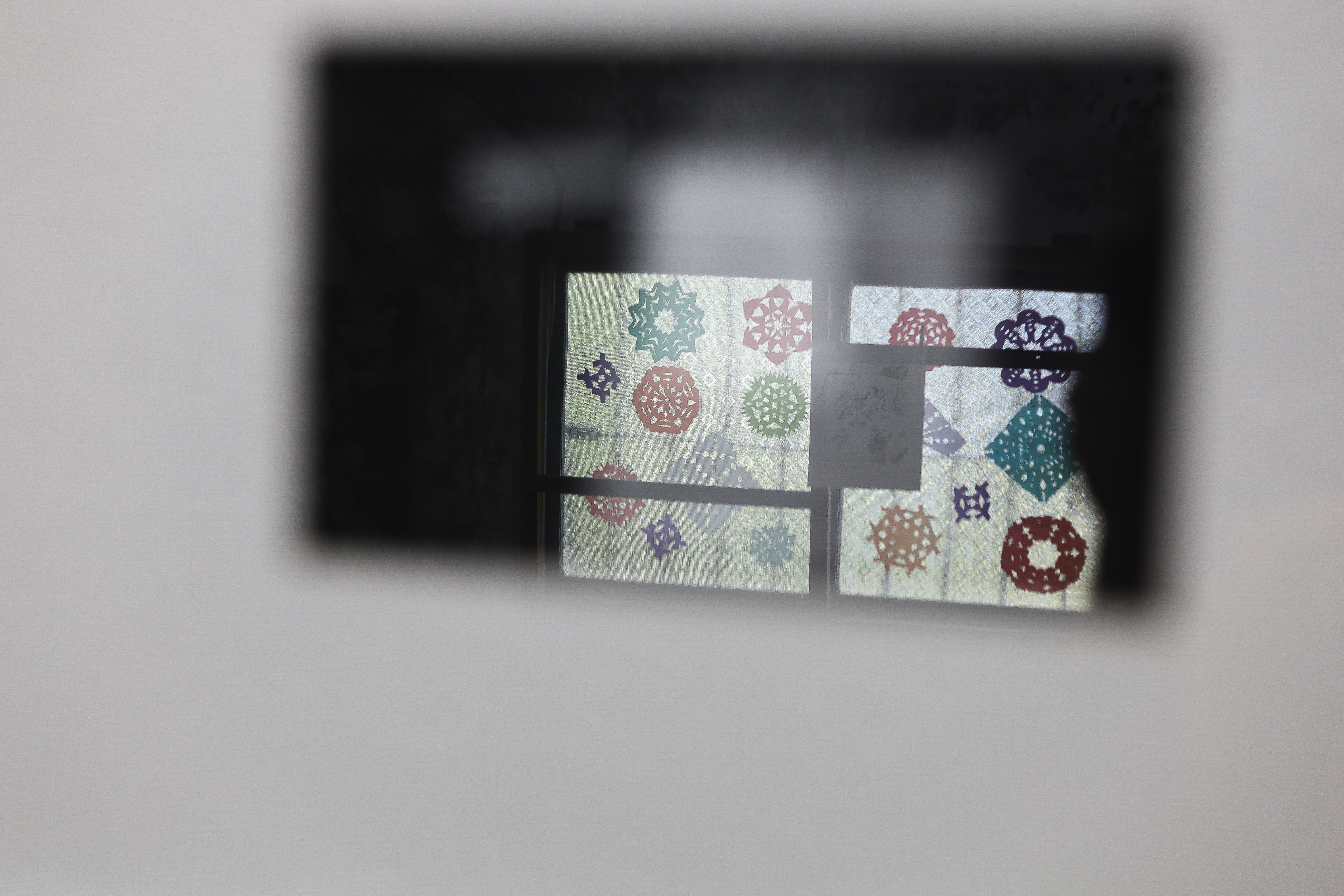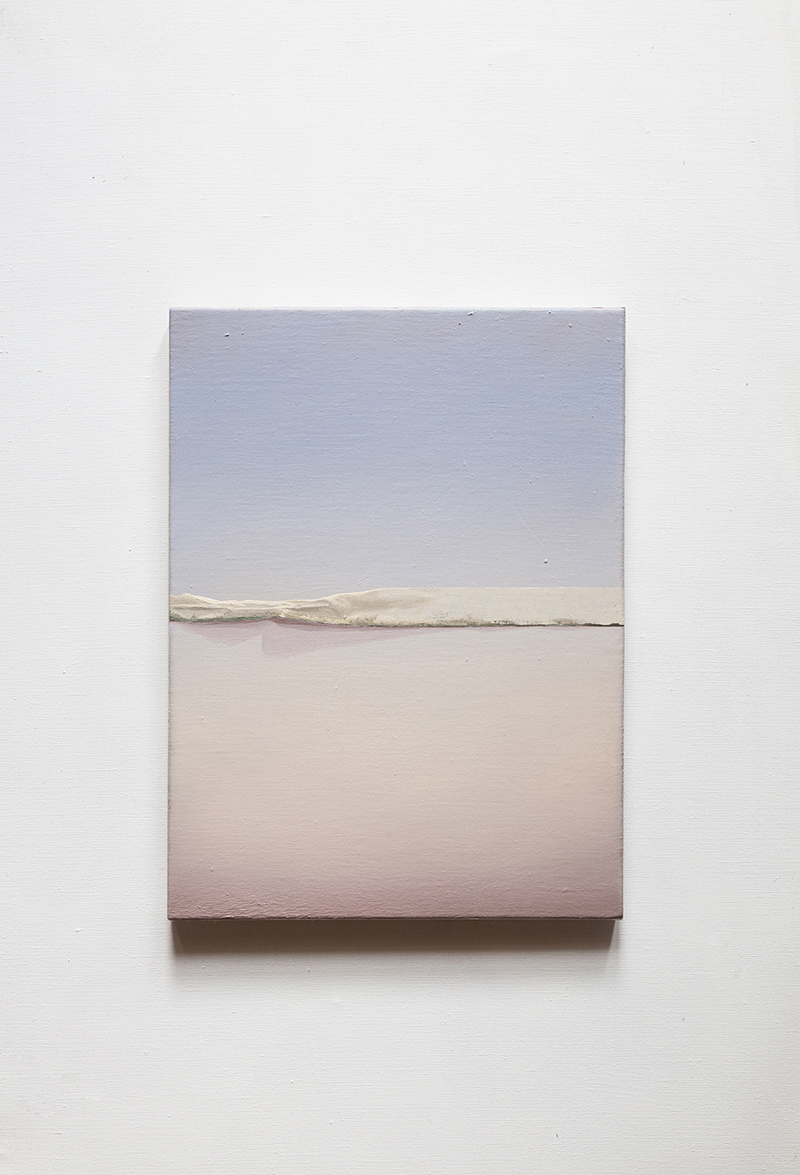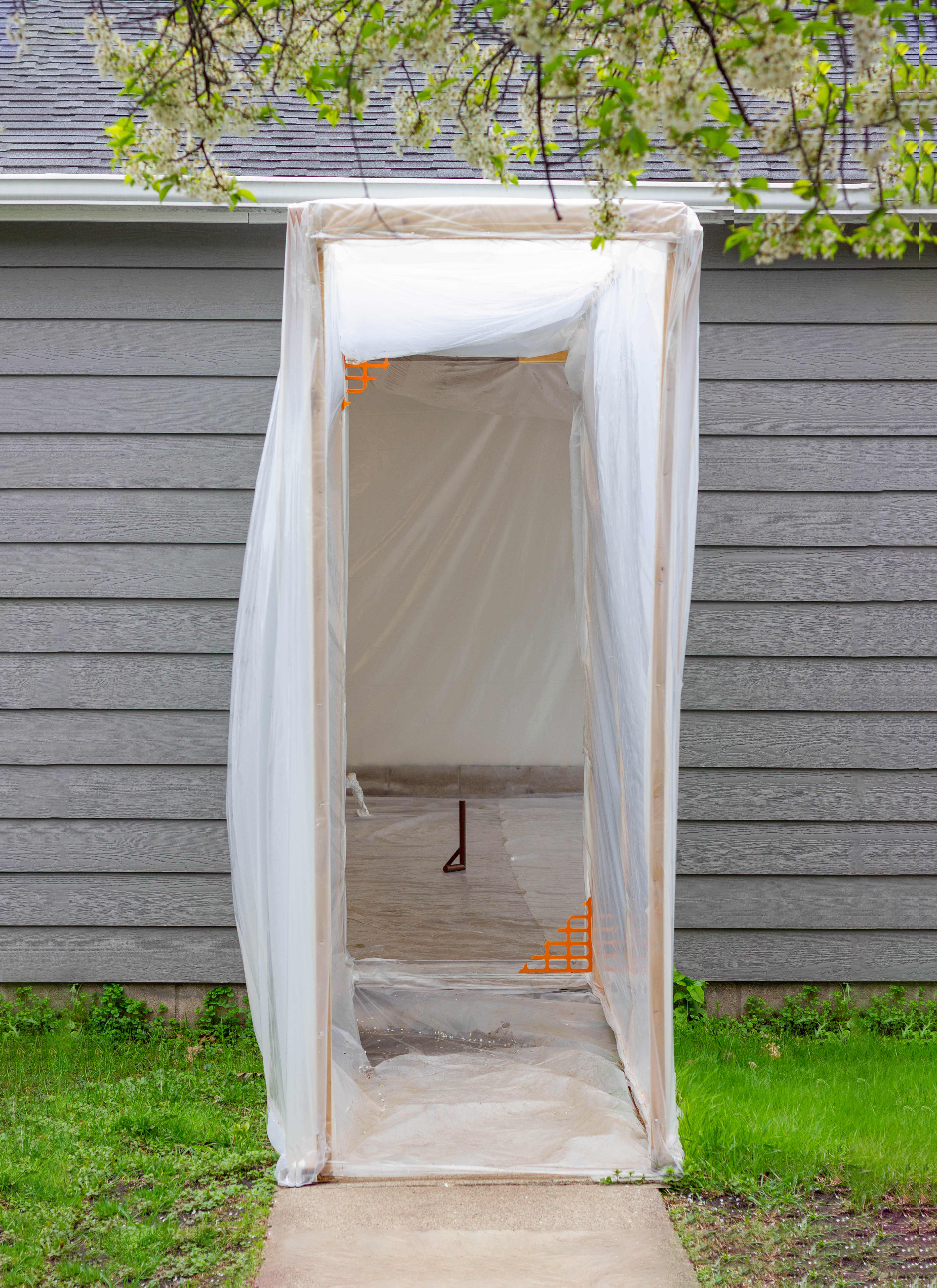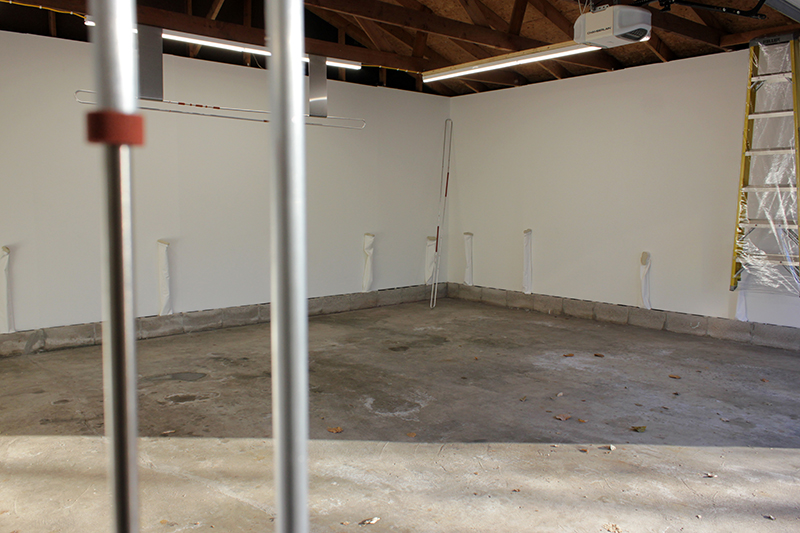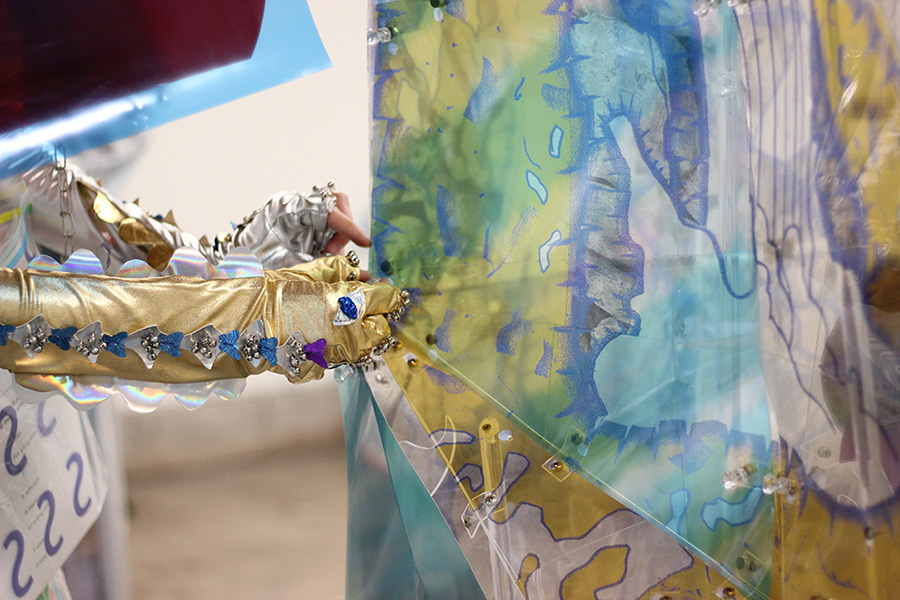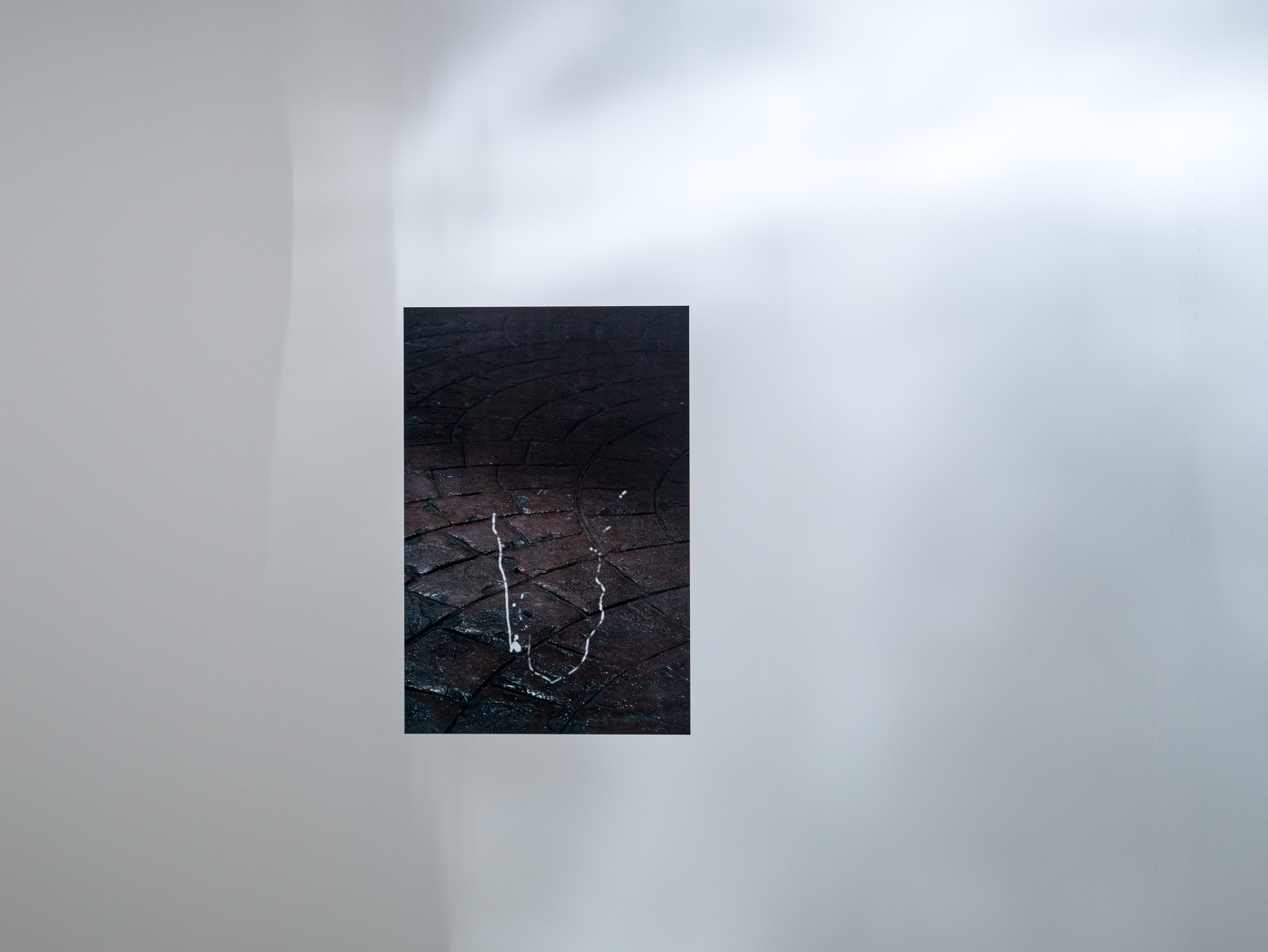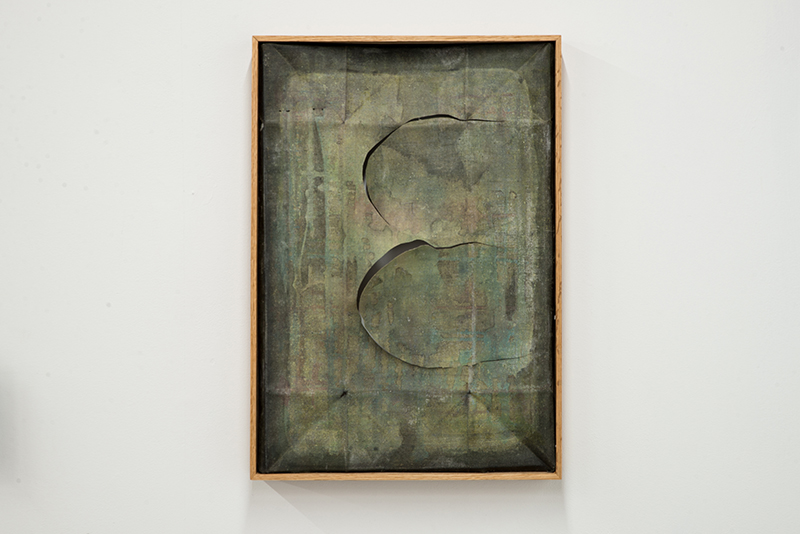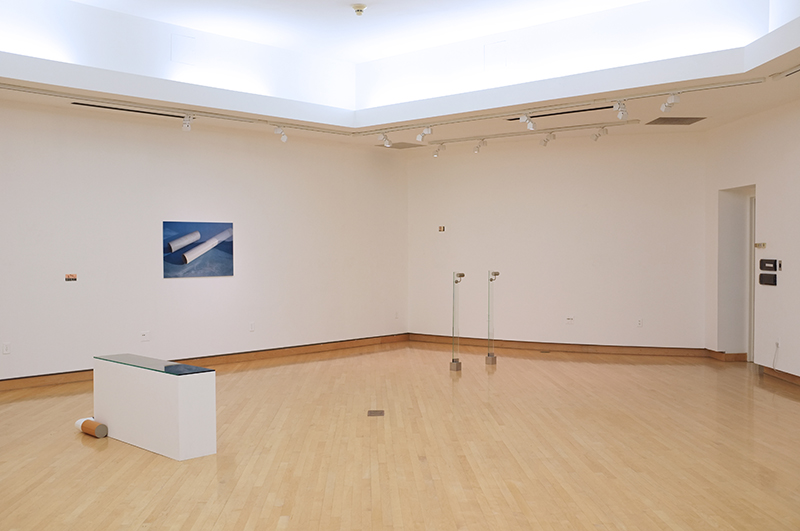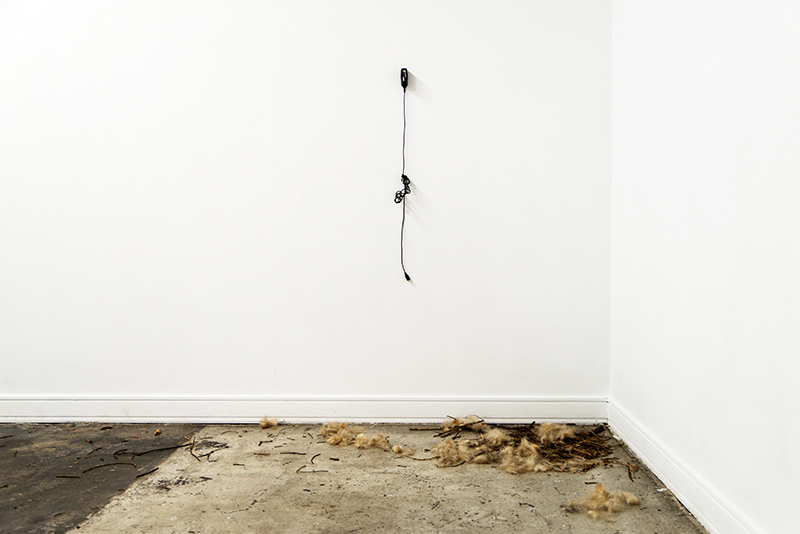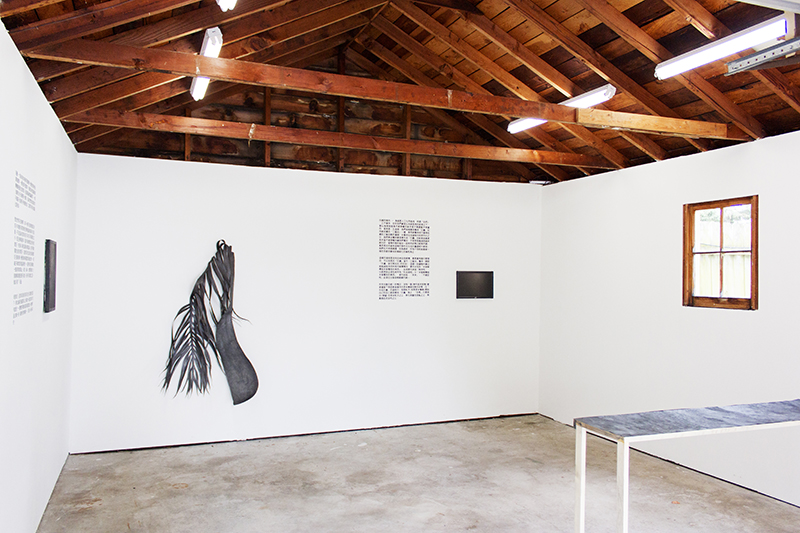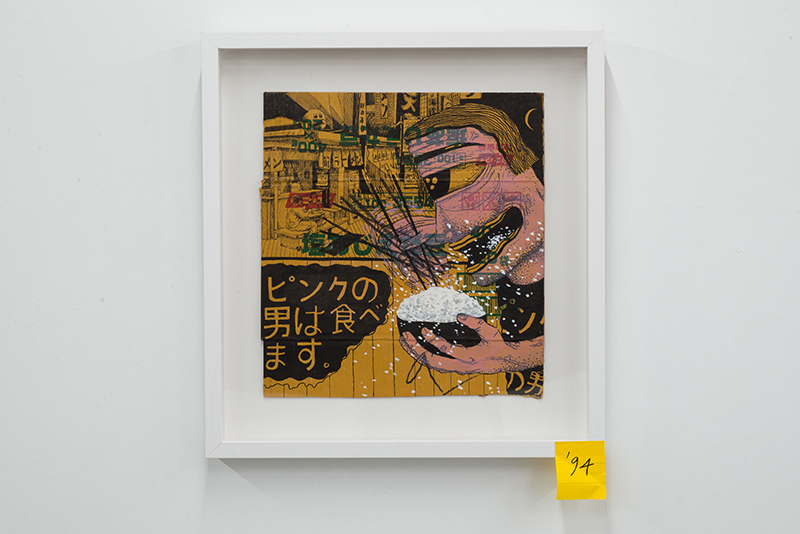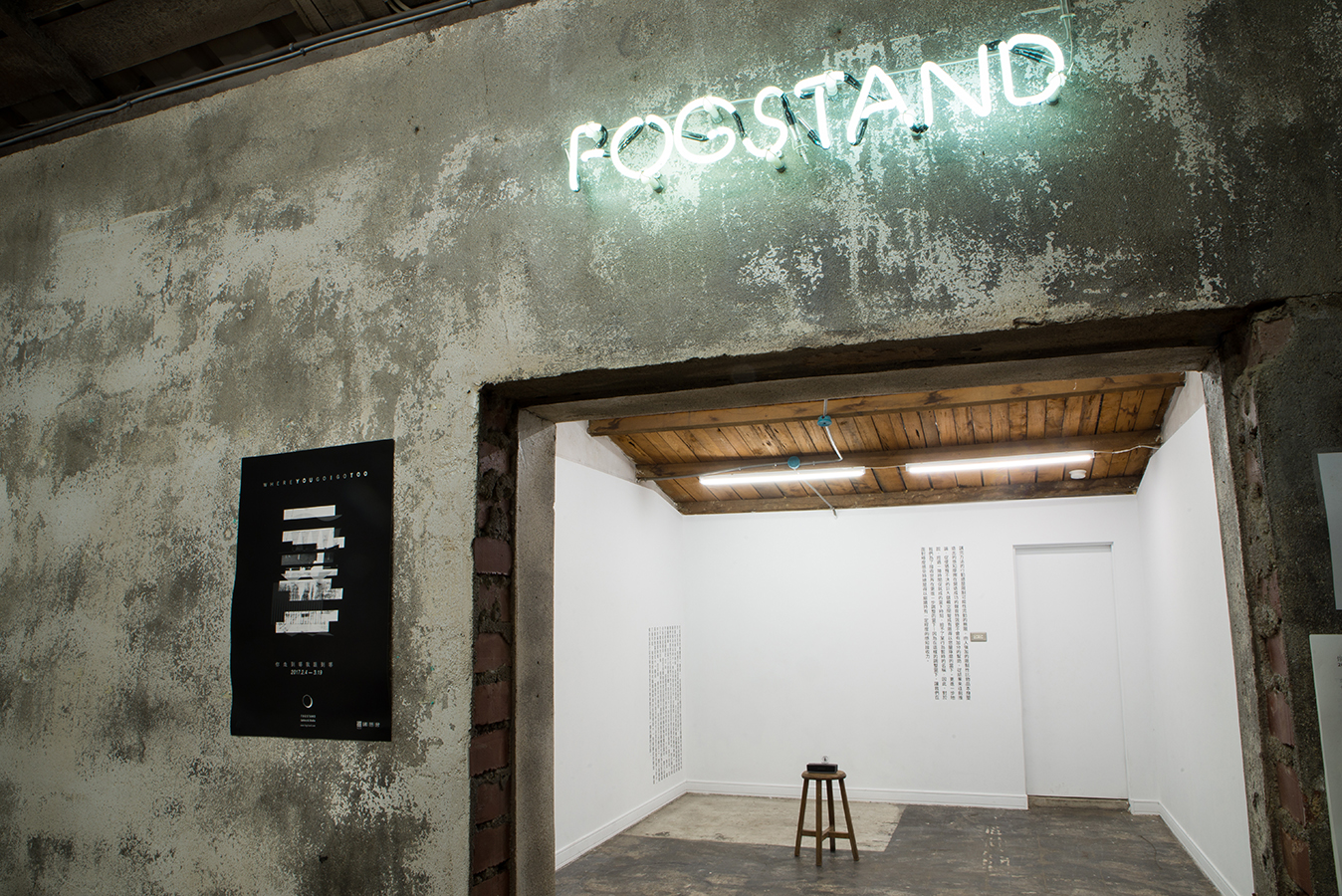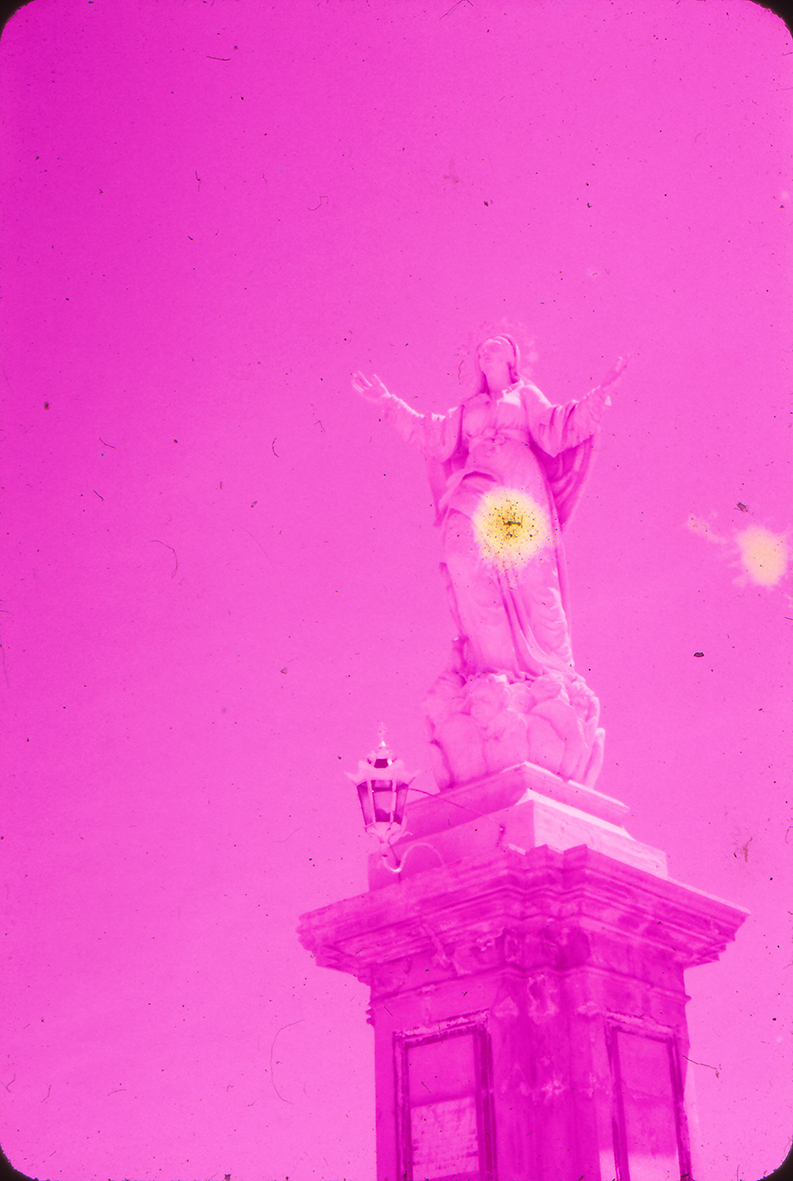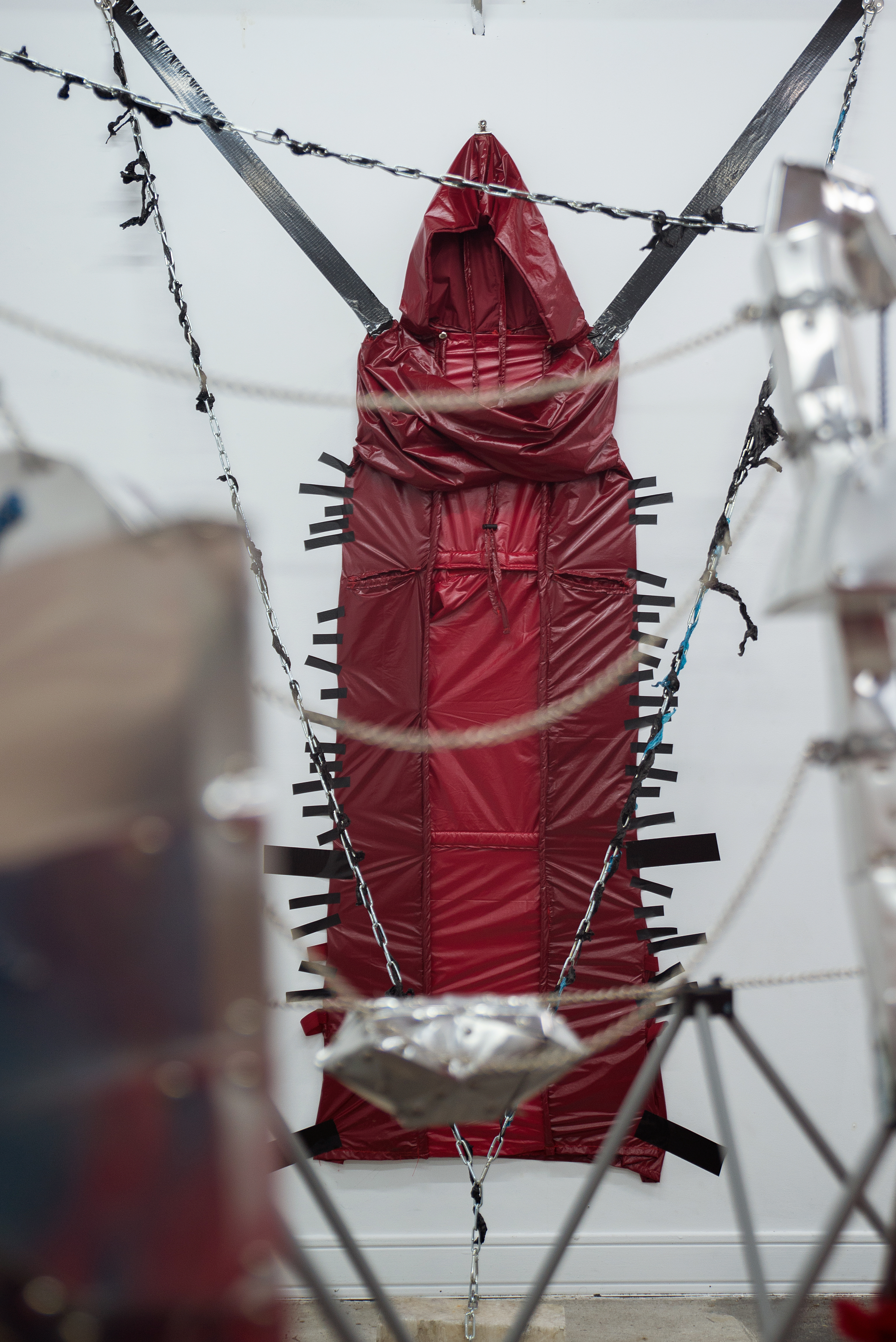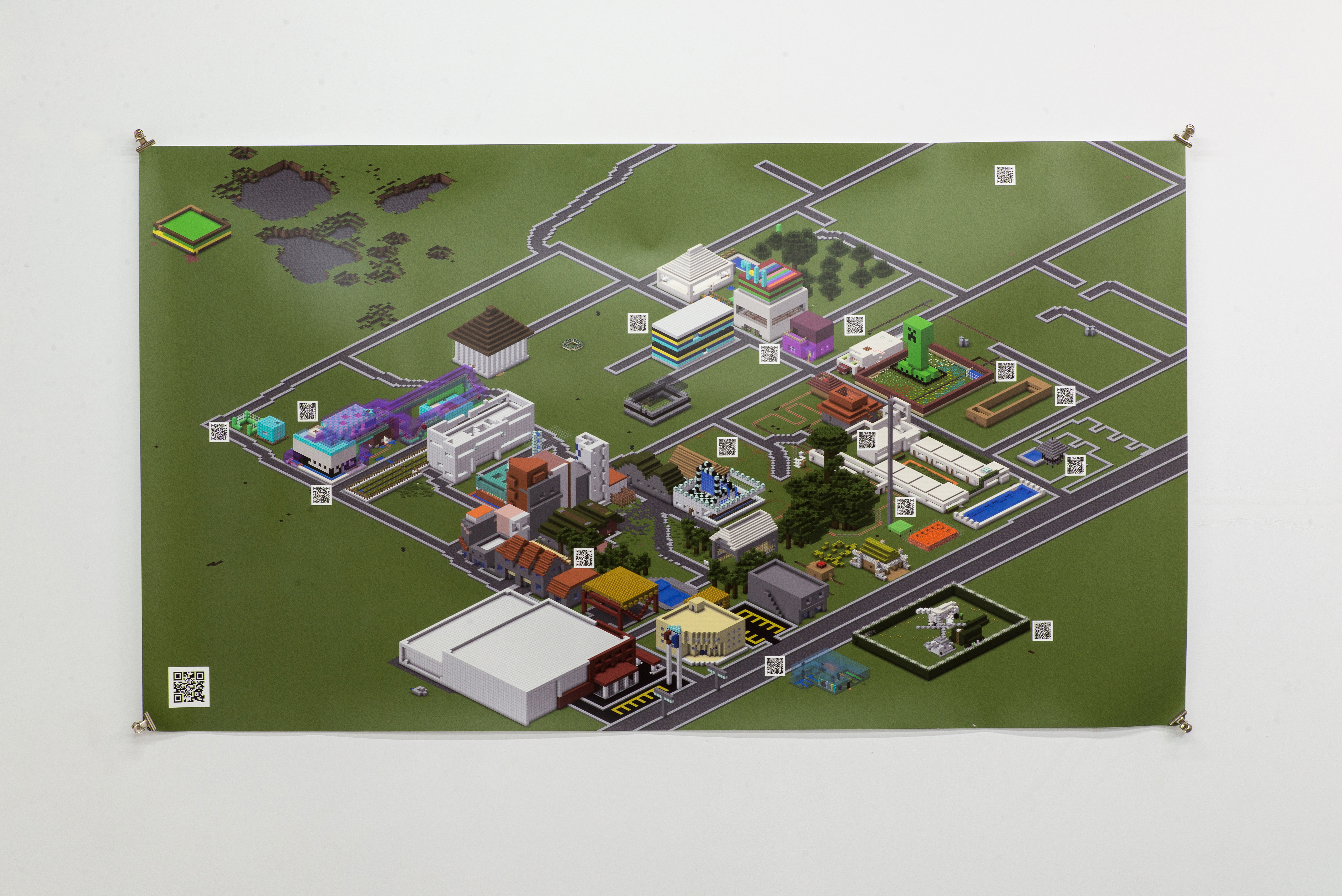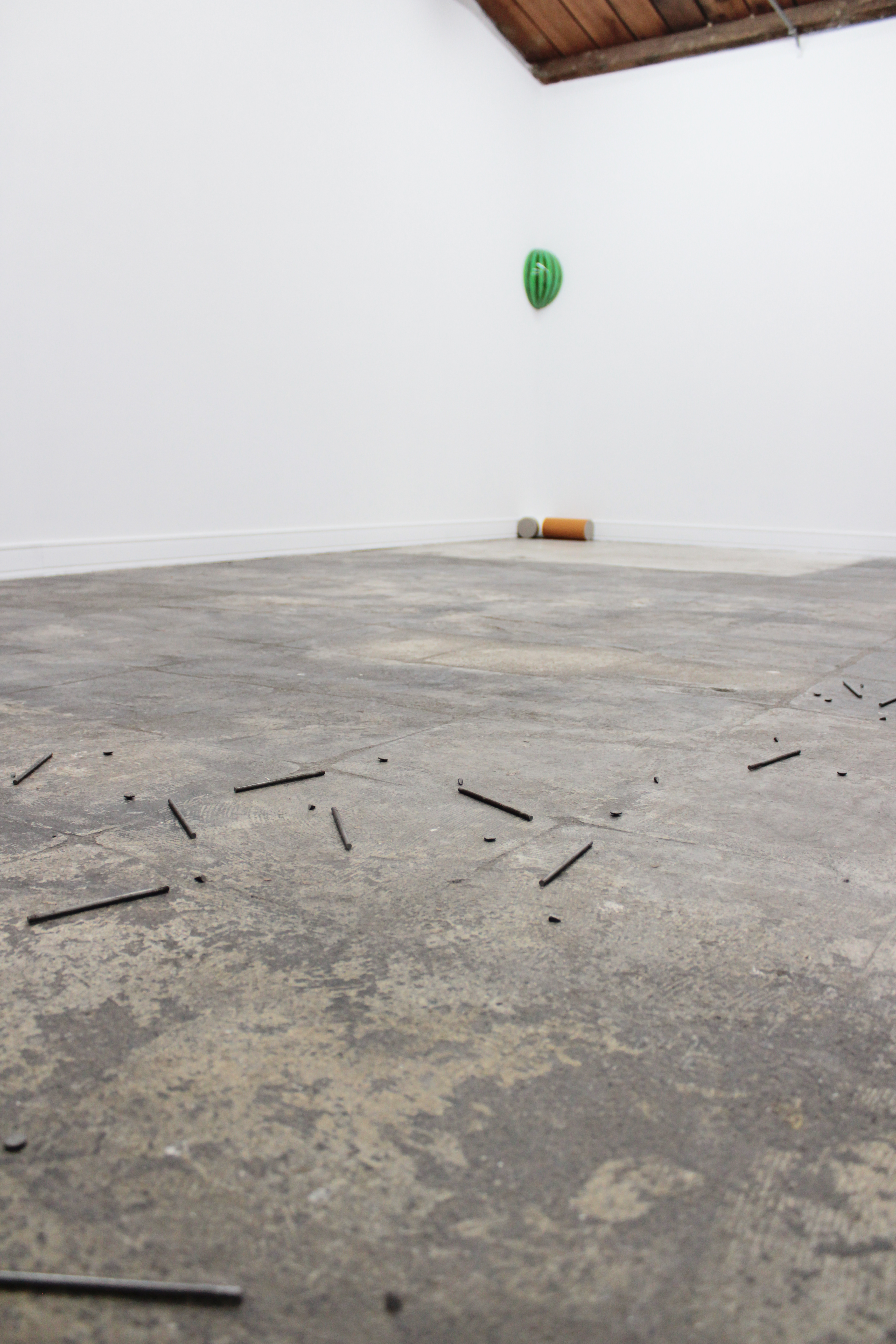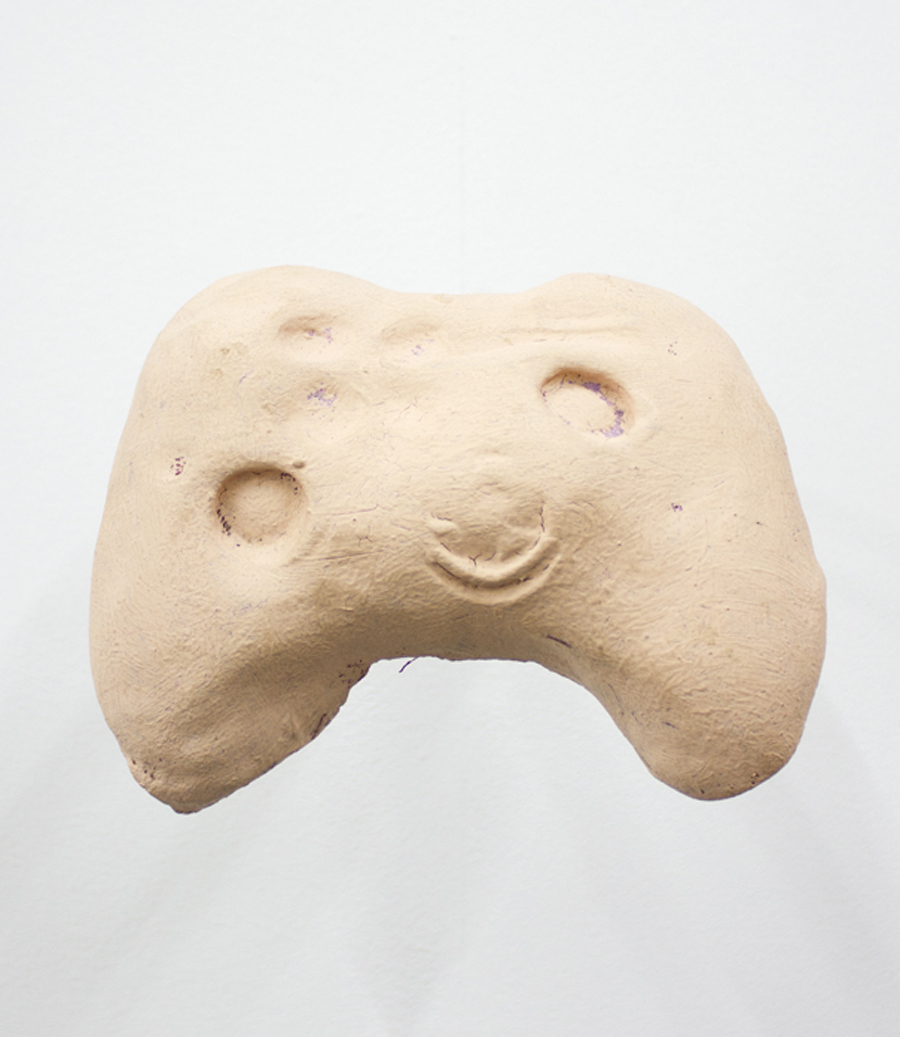FOGSTAND
Gallery & Studio
GOODBYE!
漢 ︎︎︎ EN
Contact ︎︎︎ 聯絡
Support ︎︎︎ 贊助
About ︎︎︎ 關於
Exhibition
Archive ︎︎︎ 歷年
Artist ︎︎︎ 藝術家
Workshop ︎︎︎ 工坊
Residency ︎︎︎ 駐村
News ︎︎︎ 新聞
Shop ︎︎︎ 販售
Gallery & Studio
GOODBYE!
漢 ︎︎︎ EN
Contact ︎︎︎ 聯絡
Support ︎︎︎ 贊助
About ︎︎︎ 關於
Exhibition
Archive ︎︎︎ 歷年
Artist ︎︎︎ 藝術家
Workshop ︎︎︎ 工坊
Residency ︎︎︎ 駐村
News ︎︎︎ 新聞
Shop ︎︎︎ 販售
FOGSTAND Gallery & Studio is a nonprofit art space and creative education centre. The space is temporarily closed.
This website has served as an online archive since 2024.
©2014-2025
FOGSTAND Gallery & Studio. All rights reserved.
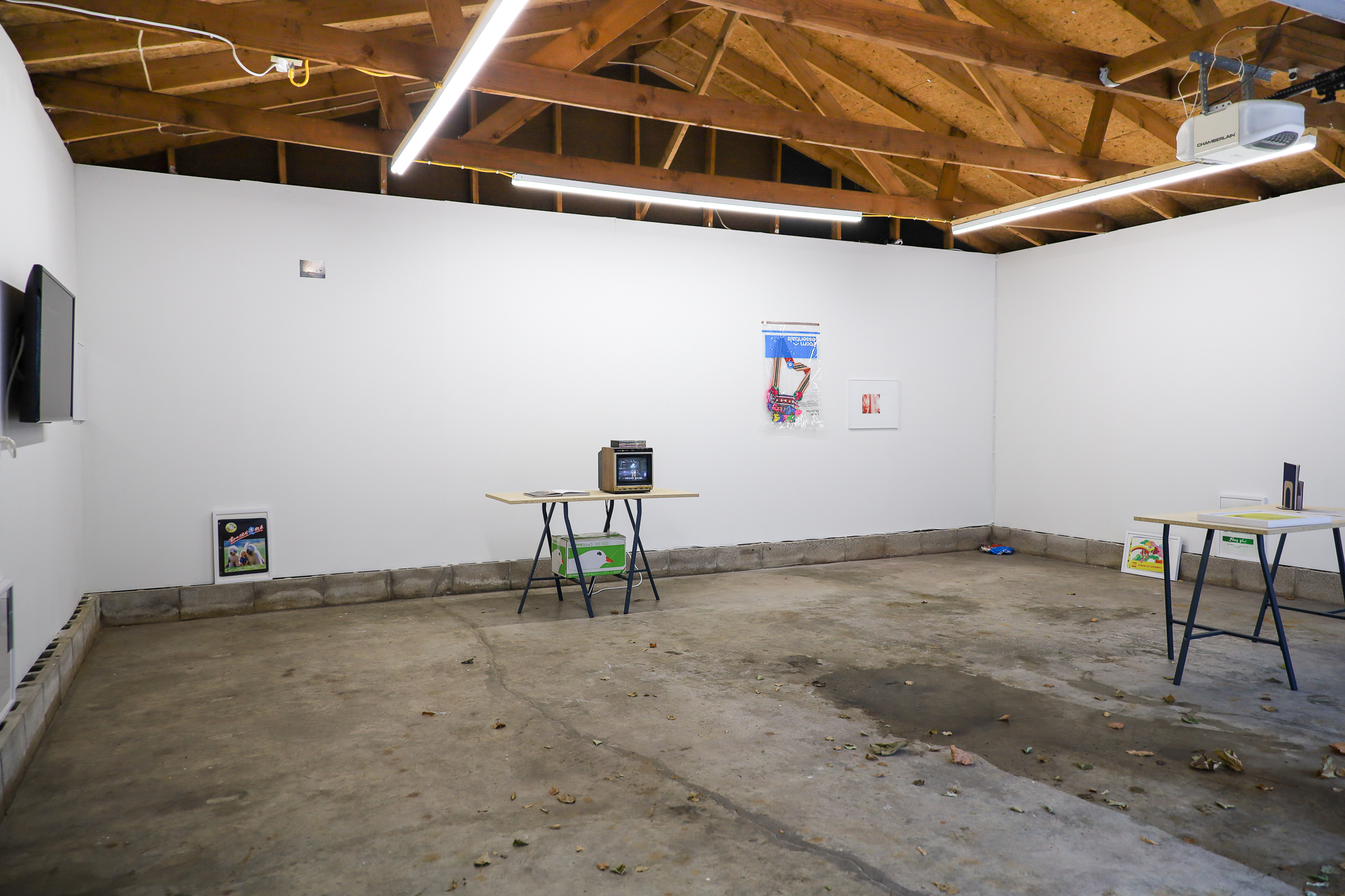
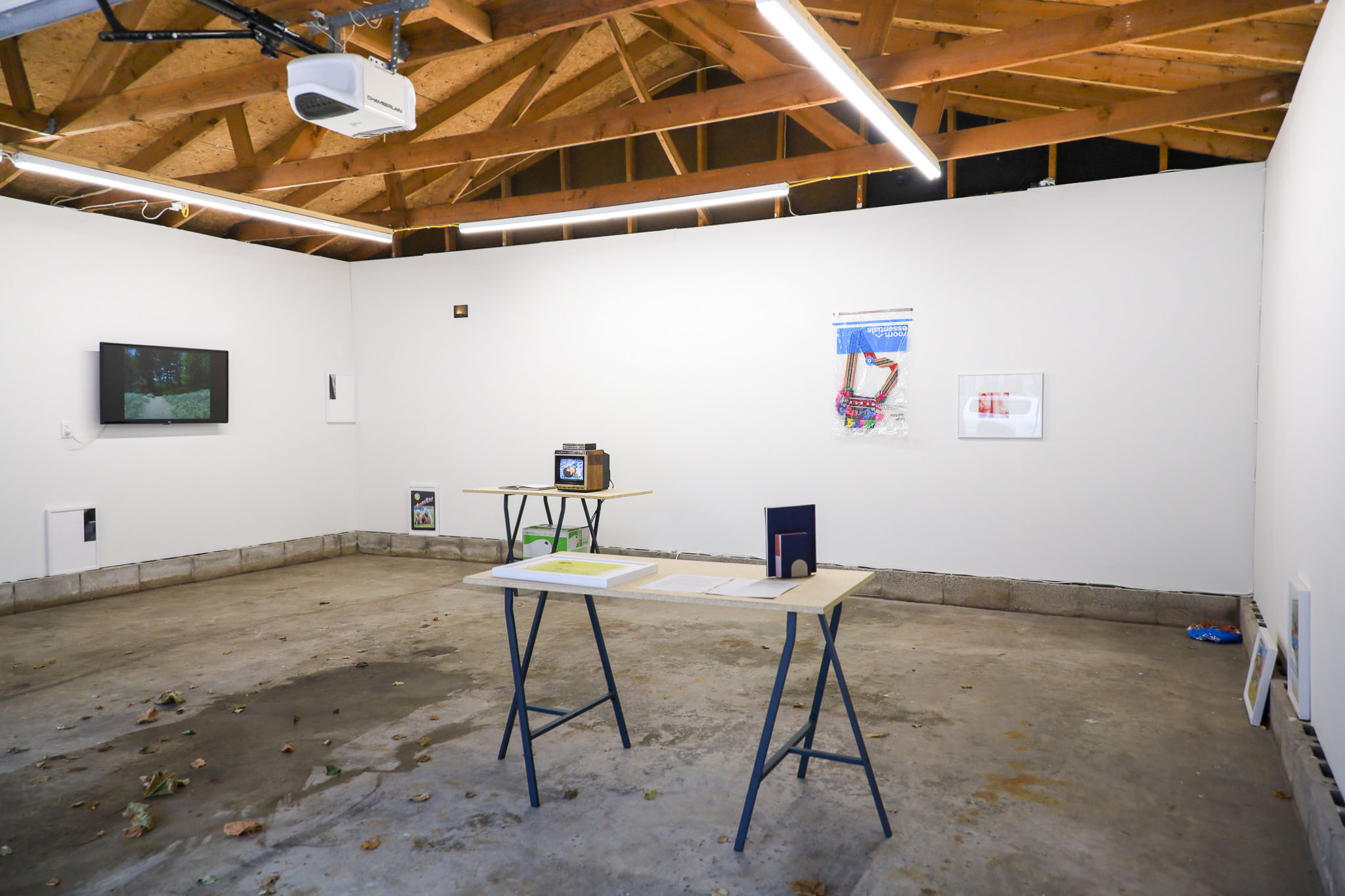
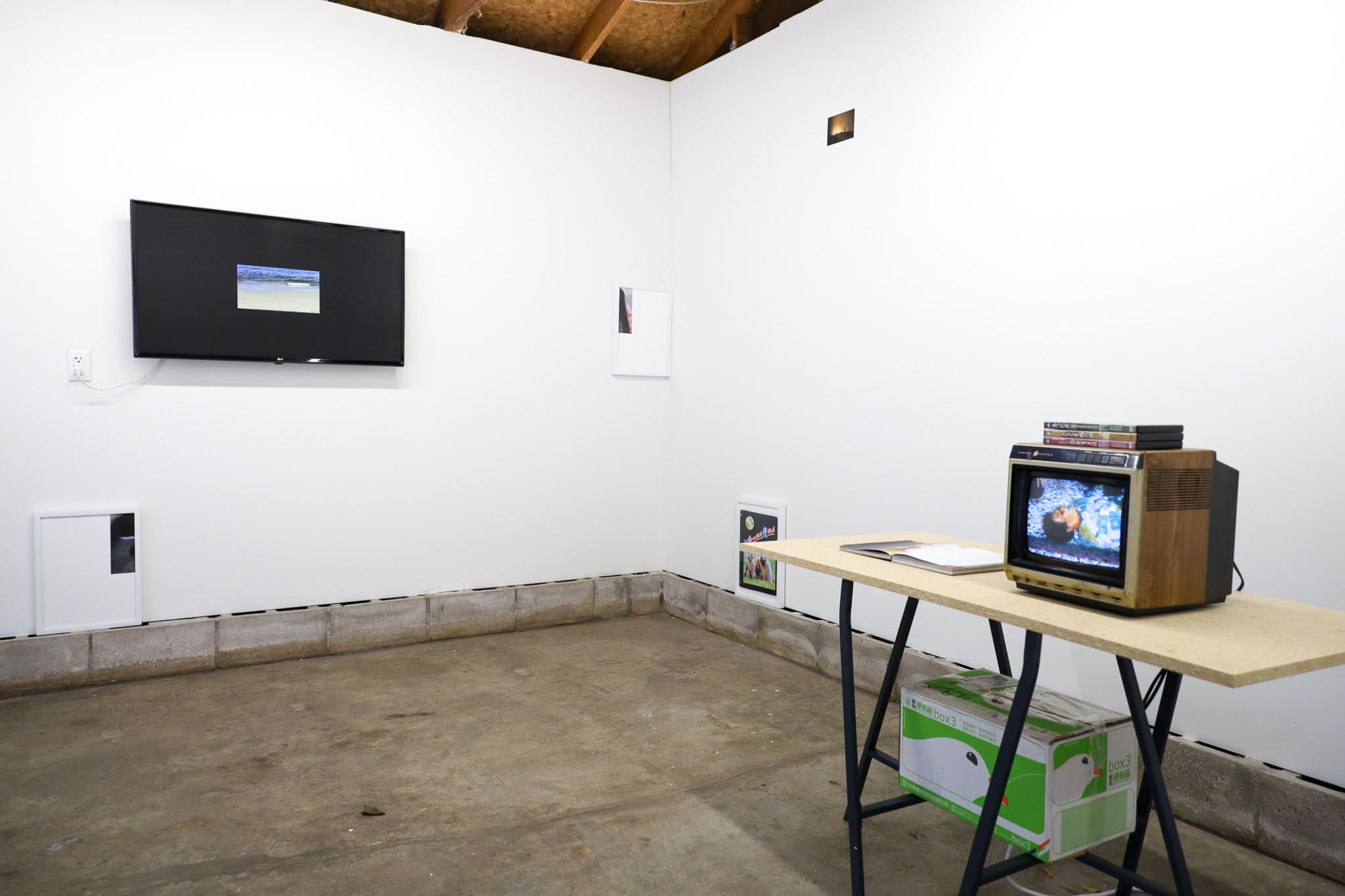
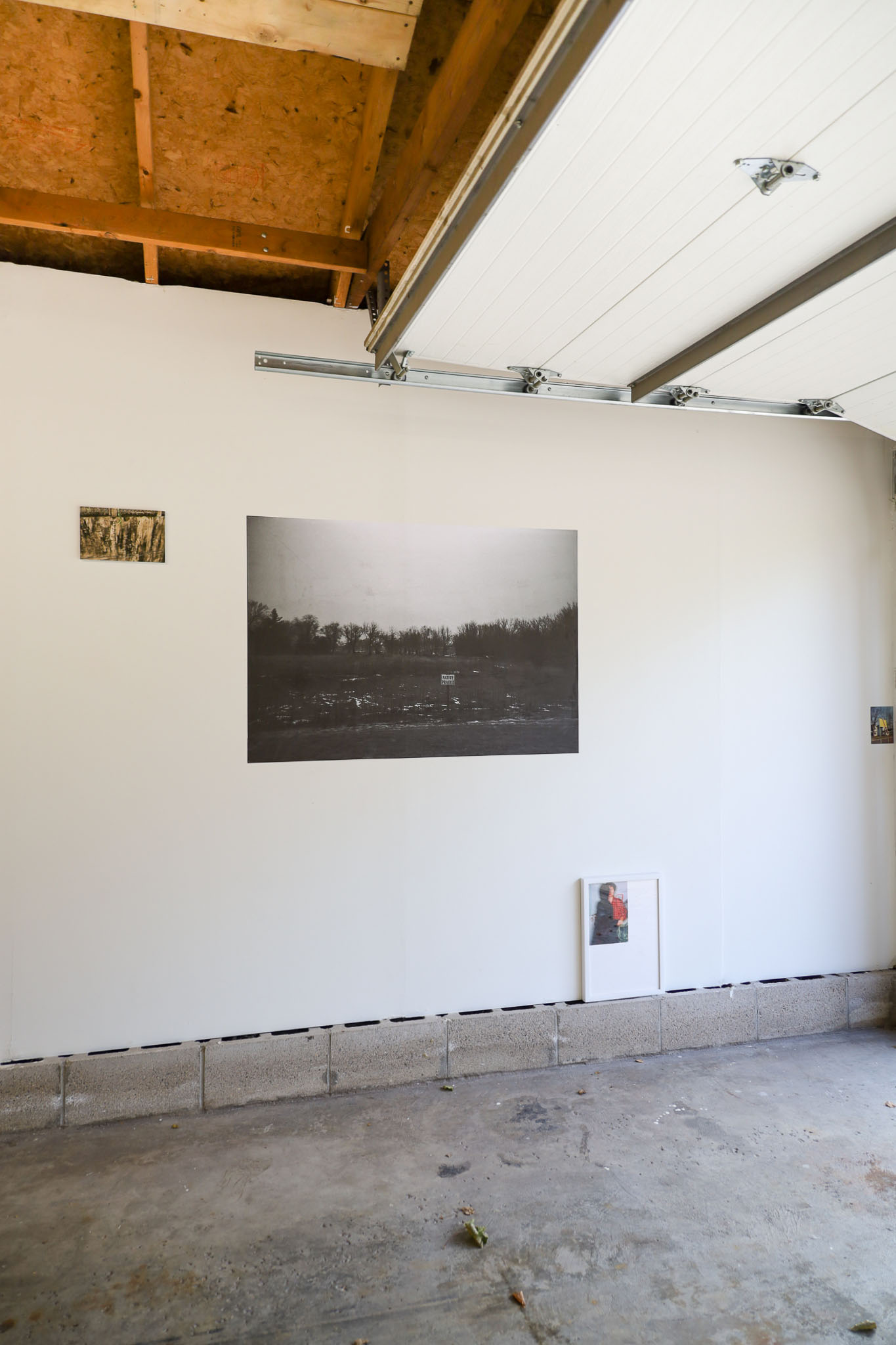
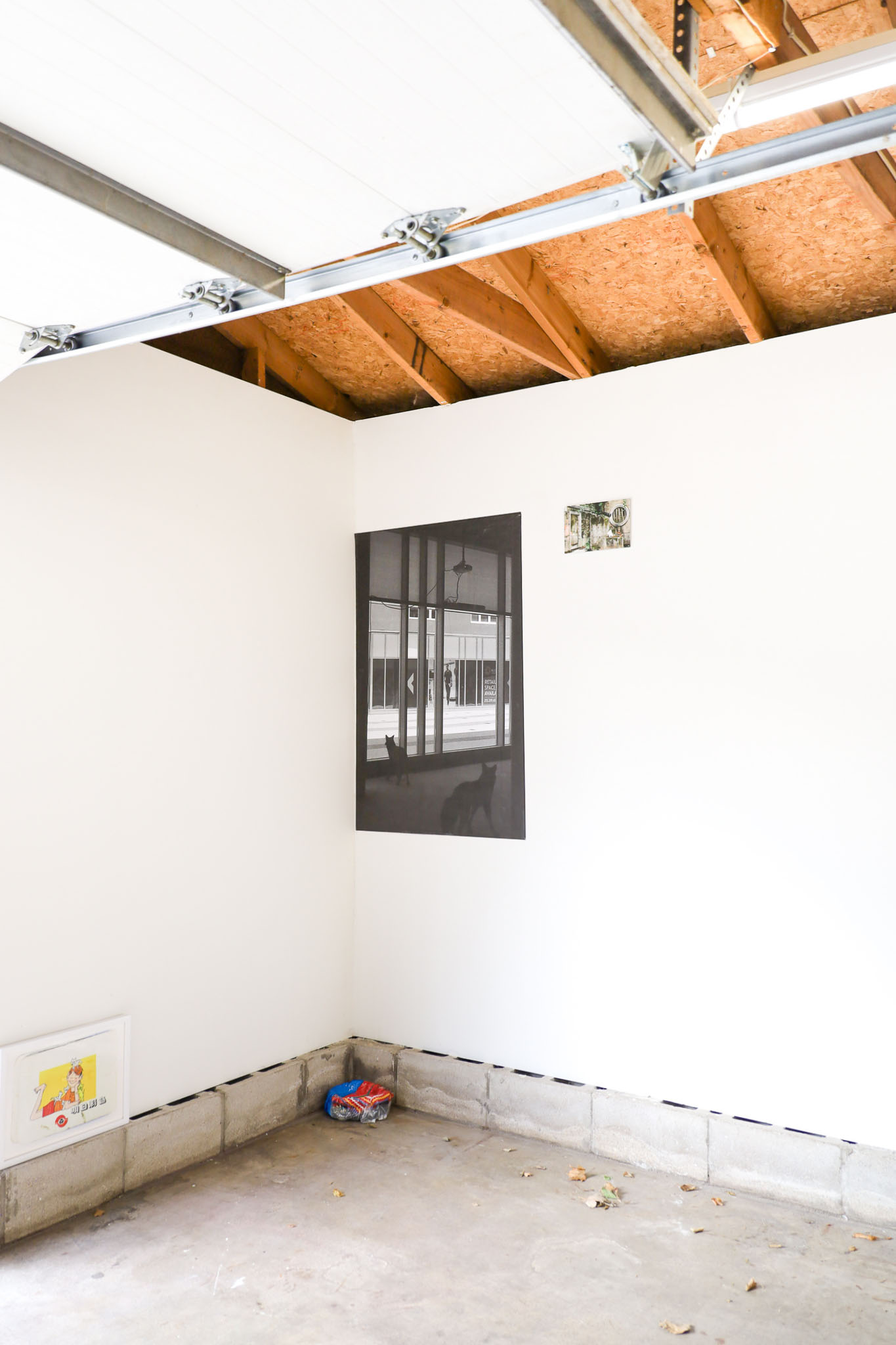
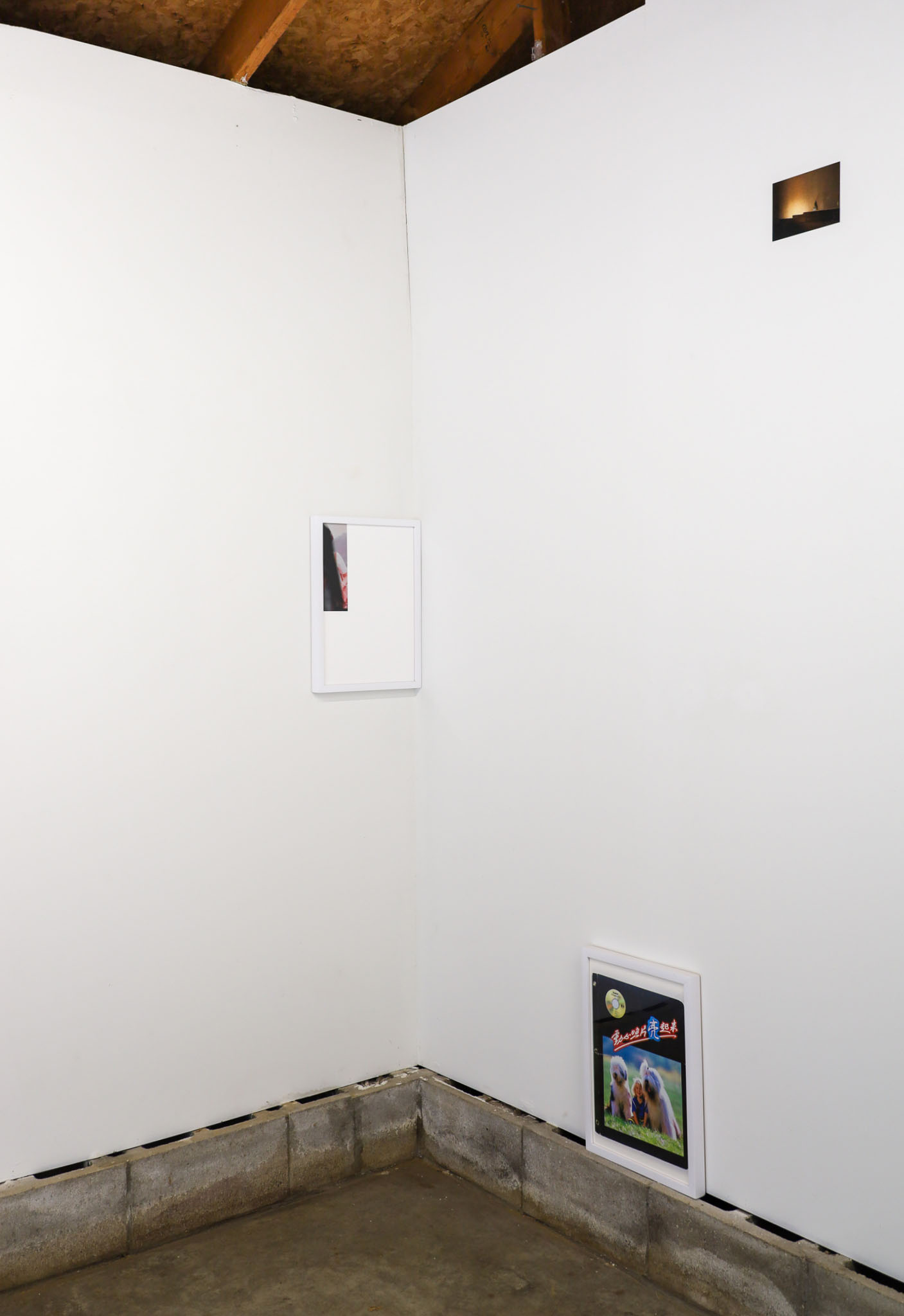




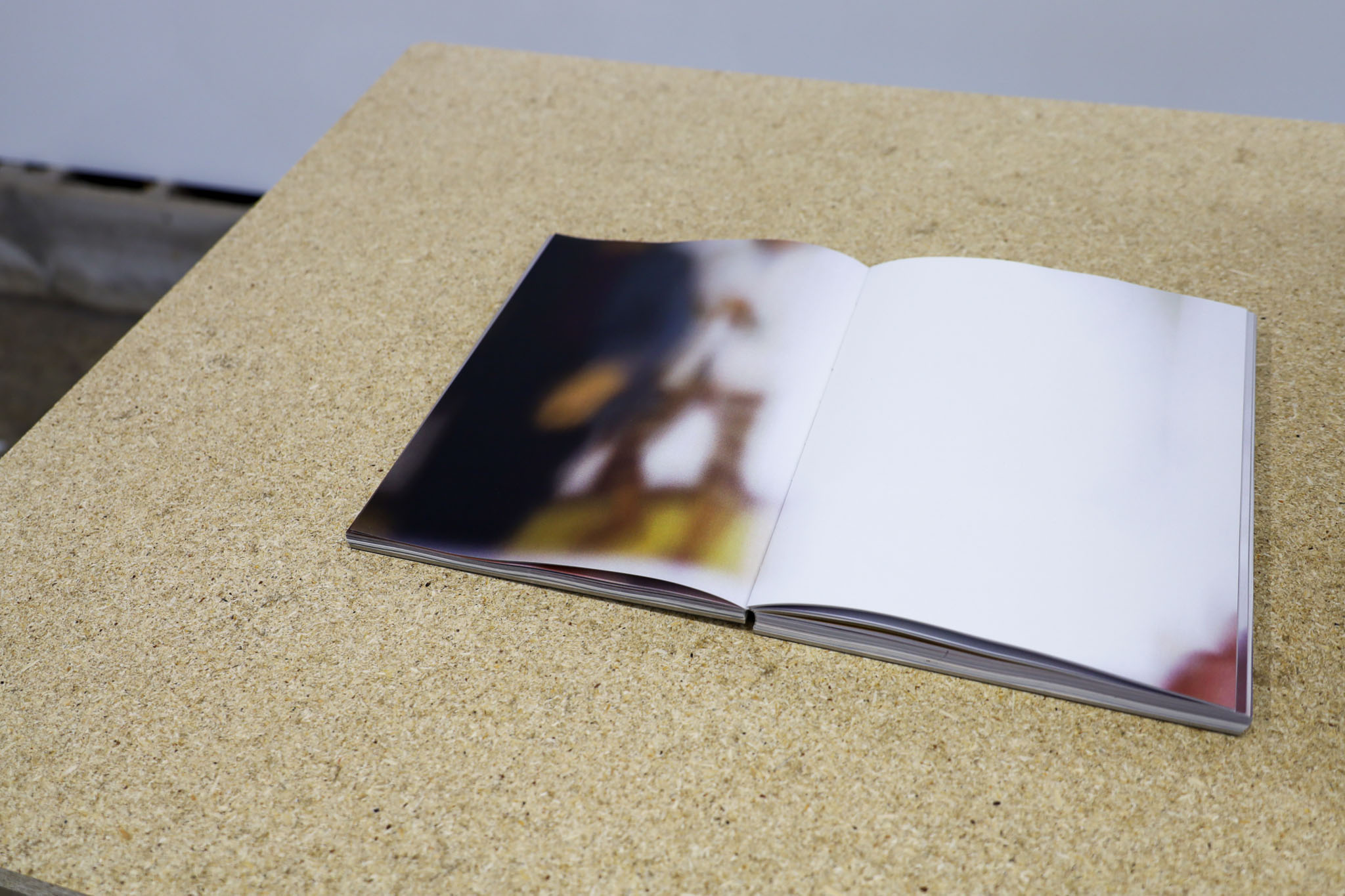
Exhibition on view: 10/26 - 11/24/2019
Opening : 10/26/2019, 1-5pm
Venue: FOGSTAND @ St. Paul, MN, USA
The feeling of being abandoned to a rapidly changing society. On a small island with increasingly limited habitable landmass. Where still tender memories of a colonial history co-exist alongside the products of self-determination. These and more have long been the reality for the shrinking indigenous peoples of Taiwan. From changes coming from within their own family histories, to the increasingly delineated nature of their cultural environments, they are poised to inherit and preserve what can only be hesitantly called a culture of their making. Still, these unavoidable encounters not only present the complexity and feasibility towards an indigenous maintaining their “ownness”, but they go further to define, mark and, ultimately, make available an image of Taiwan, itself contested as being “itself”.
From a mother’s imagination of her, then unborn, child, into a spiritual offering to a recently deceased grandfather, something both urgent and contemplative is revealed, namely how the past and future generations might gather and act out within introspection. An interiority of the subject to oppose the strict externality of “a people”, or to treat ethnic histories as the contaminated diversities that they always have been, that is part preservation, reconstruction, misinterpretation, partially present and forever precarious.
Wisp
To My Unborn Child
Opening : 10/26/2019, 1-5pm
Venue: FOGSTAND @ St. Paul, MN, USA
The feeling of being abandoned to a rapidly changing society. On a small island with increasingly limited habitable landmass. Where still tender memories of a colonial history co-exist alongside the products of self-determination. These and more have long been the reality for the shrinking indigenous peoples of Taiwan. From changes coming from within their own family histories, to the increasingly delineated nature of their cultural environments, they are poised to inherit and preserve what can only be hesitantly called a culture of their making. Still, these unavoidable encounters not only present the complexity and feasibility towards an indigenous maintaining their “ownness”, but they go further to define, mark and, ultimately, make available an image of Taiwan, itself contested as being “itself”.
From a mother’s imagination of her, then unborn, child, into a spiritual offering to a recently deceased grandfather, something both urgent and contemplative is revealed, namely how the past and future generations might gather and act out within introspection. An interiority of the subject to oppose the strict externality of “a people”, or to treat ethnic histories as the contaminated diversities that they always have been, that is part preservation, reconstruction, misinterpretation, partially present and forever precarious.
Wisp
To My Unborn Child
FOGSTAND is pleased to invite you to Wisp, a solo exhibition by Wen-Li Chen. This exhibition, utilizing a curated collection of new and previous projects (The Distance Between, Island, To My Unborn Child), is prompted by simultaneously being a part of and apart from what she calls a “dying nation”, namely a Taiwanese indigenous people named the Kavalan. Much of her creative output is both informed by and aims to produce a sense of the uncertainty in losing a grasp over one’s heritage.
This particular exhibition, by way of its core artifact—a video mourning the death of her grandfather—is structured through the use of historical artifacts, alongside fictional elements, that, once together, blur diaristic memories, colloquial vernaculars, family biographies, and local histories spanning the time before and after she moved to the United States in 2015.
Wen-Li Chen’s partial use of fiction—potentially undoing the definitive nature of the artifactual—lies in her awareness that writing was and still is an unusual way of imparting knowledge of the Kavalan to their descendants. This is due to the fact that the Kavalan, along with most Taiwanese indigenous peoples, did not develop a system of writing. Instead, oral traditions maintained the passage of knowledge, culture and religious ceremonies.
However, Wen-Li Chen admits the inaccessibility to, and resists the romanticism of this mode of being, not only in part to the adoption of written systems by the Kavalan, but also due to other complicating contingencies (being half Han Chinese, pursuing higher education in the UK, marrying an American, etc).
A truce is then found within the books, videos and texts making up the exhibition—an experimental form of a traditional Chinese book called “Zhu Pu” (族譜), or family tree/family book.
These “Zhu Pu”—first to her mother and grandmother, then for her then unborn child and now built into a memorial for her grandfather (once a chieftain of a local tribe)—attempt to provide information about a people and culture she was never able to fully become, yet in many ways remains, despite her anxiety of knowing what it means to be like them. The resulting doubt and uncertainty obtain a level of “aliveness” that complicates the clarity of communication by the emotional appeal to a further fading image, that being her child who will only know less in the face of her mother wanting her to know more (unlike her own parents and grandparents who actively kept her heritage at a distance, opting for her to learn English over Kavalan). Out of what Wen-Li Chen calls “a dying nation”, only the sparks of life and cultural resilience emerge, albeit free of the burdening pressure of being like a people that, to her, have only been (historical authenticity).
︎︎︎ 漢
This particular exhibition, by way of its core artifact—a video mourning the death of her grandfather—is structured through the use of historical artifacts, alongside fictional elements, that, once together, blur diaristic memories, colloquial vernaculars, family biographies, and local histories spanning the time before and after she moved to the United States in 2015.
Wen-Li Chen’s partial use of fiction—potentially undoing the definitive nature of the artifactual—lies in her awareness that writing was and still is an unusual way of imparting knowledge of the Kavalan to their descendants. This is due to the fact that the Kavalan, along with most Taiwanese indigenous peoples, did not develop a system of writing. Instead, oral traditions maintained the passage of knowledge, culture and religious ceremonies.
However, Wen-Li Chen admits the inaccessibility to, and resists the romanticism of this mode of being, not only in part to the adoption of written systems by the Kavalan, but also due to other complicating contingencies (being half Han Chinese, pursuing higher education in the UK, marrying an American, etc).
A truce is then found within the books, videos and texts making up the exhibition—an experimental form of a traditional Chinese book called “Zhu Pu” (族譜), or family tree/family book.
These “Zhu Pu”—first to her mother and grandmother, then for her then unborn child and now built into a memorial for her grandfather (once a chieftain of a local tribe)—attempt to provide information about a people and culture she was never able to fully become, yet in many ways remains, despite her anxiety of knowing what it means to be like them. The resulting doubt and uncertainty obtain a level of “aliveness” that complicates the clarity of communication by the emotional appeal to a further fading image, that being her child who will only know less in the face of her mother wanting her to know more (unlike her own parents and grandparents who actively kept her heritage at a distance, opting for her to learn English over Kavalan). Out of what Wen-Li Chen calls “a dying nation”, only the sparks of life and cultural resilience emerge, albeit free of the burdening pressure of being like a people that, to her, have only been (historical authenticity).
︎︎︎ 漢














